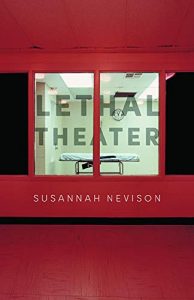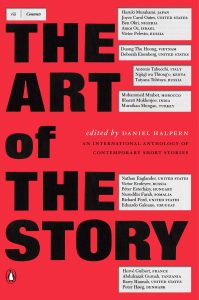In order to give you a sense of my expectations in regard to your blog posts, here is a sample from my Contemporary International Writers course last semester. The post is by Jessica Bell, writing about the Polish poet Wislawa Szymborska’s poem “The Women of Rubens” (I’ve placed a pdf of some poems by Szymborska, including this poem, on Google Drive in the folder for this class):
Peter Paul Rubens was a Flemish painter during the seventeenth-century Baroque movement who excelled in portraits, particularly nudes. In “The Women of Rubens,” Wislawa Szymborska describes many of the common characteristics that can be found in Rubens’ nude portraits. The poem begins,
Giantesses, female fauna,
naked as the rumbling of barrels.
They sprawl in trampled beds,
sleep with mouths agape for crowing.
The description of these women as “giantesses” is fitting of Rubens’ work; his portraits are easily distinguishable and unique because of the artist’s hand when portraying the human form, particularly that of women.
The second stanza begins with “Daughters of the Baroque.” This line is particularly lovely because Rubens himself was a product of the Baroque period; he studied under classical and Renaissance artists and works of art that came from both periods. It was not until he arrived in Rome, about halfway through his career, that he was introduced to the Baroque style. Thus it seems fitting that the women of his paintings should be daughters to the period as he was a son. The stanza goes on to list several characteristics of art from the Baroque, both in subject matter and style–the color of the wines that are often depicted, the ostentatiousness of the skies. In this poem, the writer is both describing a painting and the movement from which it came.
Szymborska, in the third and fourth stanzas, describes the art of the past movements:
Their slender sisters had risen earlier,
before dawn broke in the picture.
No one noticed how, single file, they
had moved to the canvas’s unpainted side.
Exiles of style. Their ribs all showing…
The thirteenth century would have given them a golden background,
the twentieth–a silver screen.
The seventeenth had nothing for the flat of chest.
The comparing and contrasting–as well as the use of the words “golden” and “silver” in regards to past and future artistic styles, which imply riches, and then “nothing” of the Classical and Renaissance periods–of the styles sheds light on the writer’s appreciation for Rubens’ portrayal of women and perhaps the Baroque movement itself. She seems nearly to mock the women of previous artists and their thinner, more beautified bodies.
The final stanza describes the sky and many of the subjects in Rubens’ work as “convex,” which is the perfect word both to summarize the artist’s work and to end this poem. The bodies of the women he painted were fuller and more voluptuous than those of artists, and many of his compositions carried this trait over. Because of her mockery and shaming of the women of past art movements and her appreciation of their more natural, less modified portrayal in Rubens’ work, Szymborska not only seems to marvel at the artist himself but also to heavily inflect the poem with feminism and her opinion on how women are perceived as a whole.
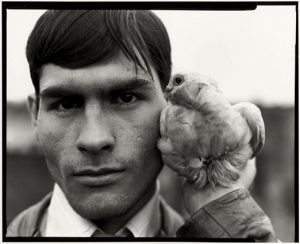
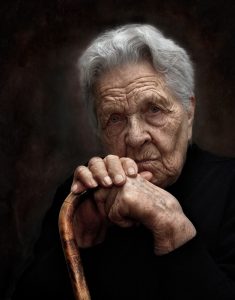
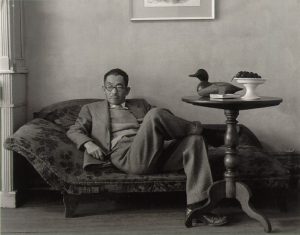
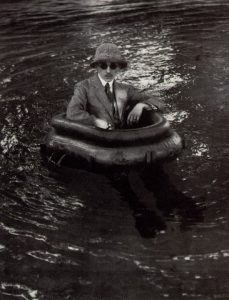
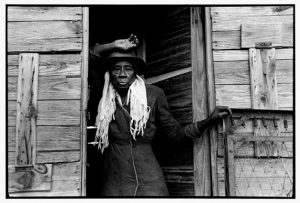
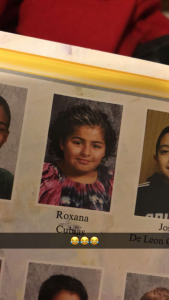 Picture day was my worst nightmare in second grade. It was a nice Tuesday morning and the birds in the house were chirping. When I had woke up that morning I was super excited to get ready for picture day but my mom wasn’t. After I had got out of the shower I was ready for my mom to do my hair, which she hates. When I started to walk into the living room with my hair brush in one hand and my strawberry scented curls intact cream in another with a smile on my face because I couldn’t wait to slay the second grade picture day. Little did I know that my worst nightmare had become reality. I had long luscious curls that hanged right below my waist line waiting to be brushed by who I thought I could trust. My mom looked at me with anger in her face. She yelled out in her angry Spanish accent “Cuando puto vas a aprende a peina tu puto pelo?!” I looked at her with fears in my eyes as my mind wondered what her next move would be. As she then screams out for my older sister Jazmin to come to the living room. Oh but let me tell you about Jazmin and I’s sister bonding was more like who could do it better type of relationship with each other. So as Jazmin did her sassy preteen walk into the living room as she owns the place. Jazmin says, “What mom?” My mom replied, “you think it would be a good idea to chop all your sisters hair off like a boy since she never likes to comb it?” That’s when my face went blank and I felt sweat drip the size of a earring stud down my forehead. Jazmin had this devious smirk on her face and replied, “sure why not.” There are two things you never do when your mother is angry;tell her shes angry and feed in to her outrageous decisions. Sadly my sister decided do one of them. So that’s when my mom got the kitchen scissors and put my hair in a ponytail above my ears and chopped it right off.
Picture day was my worst nightmare in second grade. It was a nice Tuesday morning and the birds in the house were chirping. When I had woke up that morning I was super excited to get ready for picture day but my mom wasn’t. After I had got out of the shower I was ready for my mom to do my hair, which she hates. When I started to walk into the living room with my hair brush in one hand and my strawberry scented curls intact cream in another with a smile on my face because I couldn’t wait to slay the second grade picture day. Little did I know that my worst nightmare had become reality. I had long luscious curls that hanged right below my waist line waiting to be brushed by who I thought I could trust. My mom looked at me with anger in her face. She yelled out in her angry Spanish accent “Cuando puto vas a aprende a peina tu puto pelo?!” I looked at her with fears in my eyes as my mind wondered what her next move would be. As she then screams out for my older sister Jazmin to come to the living room. Oh but let me tell you about Jazmin and I’s sister bonding was more like who could do it better type of relationship with each other. So as Jazmin did her sassy preteen walk into the living room as she owns the place. Jazmin says, “What mom?” My mom replied, “you think it would be a good idea to chop all your sisters hair off like a boy since she never likes to comb it?” That’s when my face went blank and I felt sweat drip the size of a earring stud down my forehead. Jazmin had this devious smirk on her face and replied, “sure why not.” There are two things you never do when your mother is angry;tell her shes angry and feed in to her outrageous decisions. Sadly my sister decided do one of them. So that’s when my mom got the kitchen scissors and put my hair in a ponytail above my ears and chopped it right off.